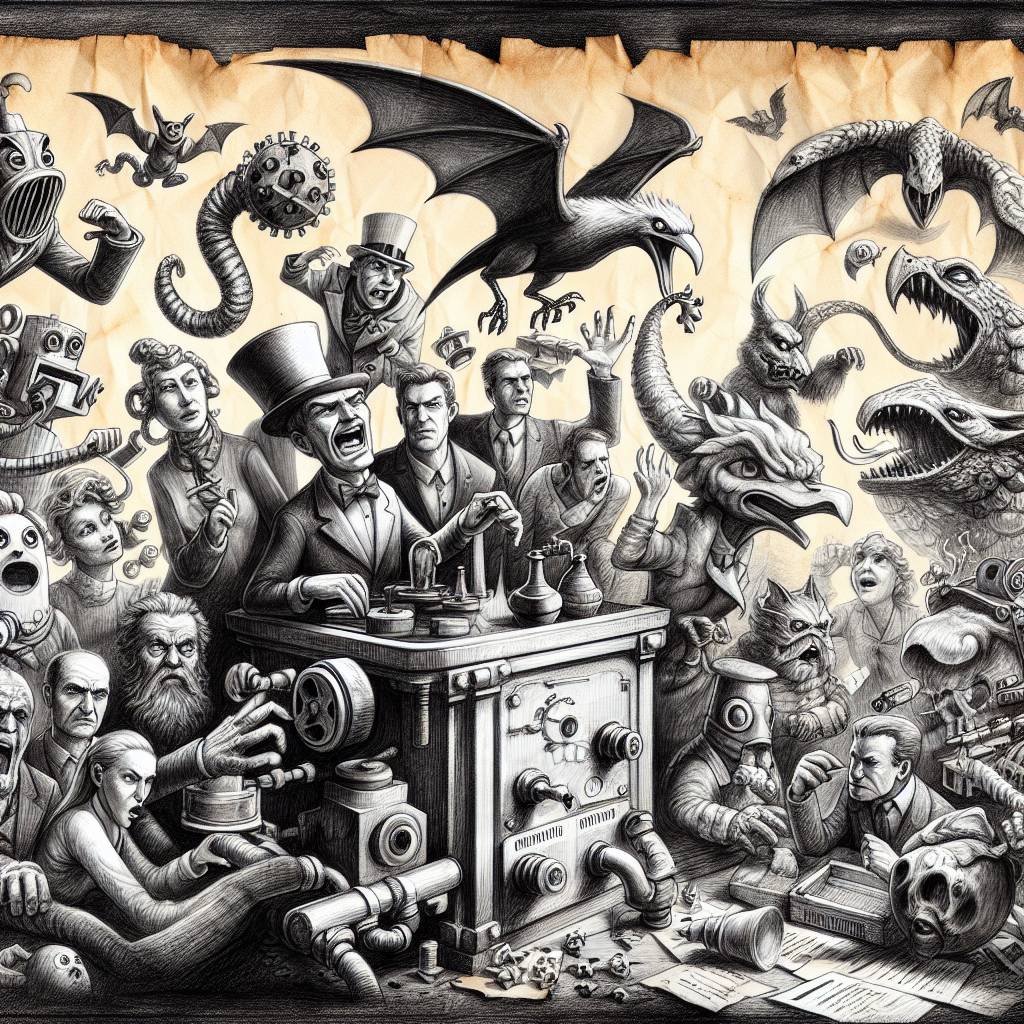Big Tech’s Hilarious Attempt to End the EoL Guessing Game: Enter OpenEoX!
Big tech giants like Cisco, Microsoft, and IBM have drafted the OpenEoX framework to end the guessing game of product lifecycle support. The aim? To banish scattered end-of-life notices and reduce cybersecurity risks. Because nothing says “unwelcome surprise” like discovering your software’s been on life support without you knowing!

Hot Take:
It seems like the tech giants have finally realized that playing a game of “Where’s Waldo?” with end-of-life notices isn’t the best way to handle cybersecurity risks. By aligning their watches and drafting the OpenEoX framework, companies like Cisco, Microsoft, and Dell are finally trying to make sure that when a product goes into a retirement home, it’s not taking down the entire security infrastructure with it. A standard way to announce product retirement? It’s about time the tech world stopped being as mysterious as a magician’s hat.
Key Points:
– The OpenEoX framework aims to standardize end-of-life (EoL) notices for tech products.
– It targets the chaos of scattered and inconsistently worded EoL announcements.
– The framework introduces four lifecycle checkpoints for products.
– The goal is to integrate this into Software Bill of Materials (SBOMs) and security advisories.
– The initiative is still in draft form and open for public feedback.
